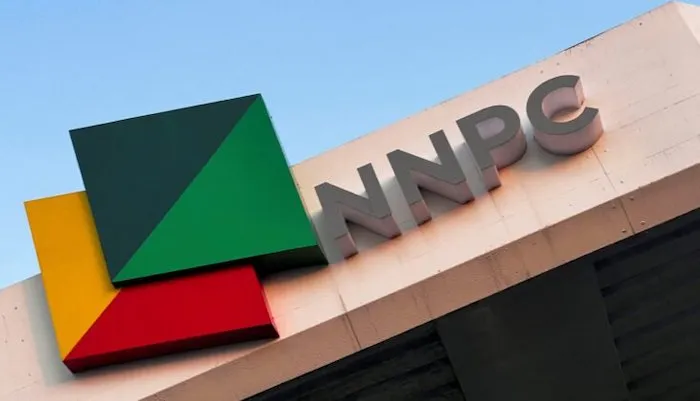The World Bank has advised the Nigerian government to conduct an audit to reconcile the amount owed to the Federation by the Nigerian National Petroleum Company Limited (NNPC) as part of overall efforts to maintain and deepen the current economic reforms.
The World Bank also urged improved oil revenue reporting to the Federation Account Allocation Committee (FAAC) and maintaining a market-reflective price on Premium Motor Spirit (PMS).
These recommendations were outlined in the latest Nigeria Development Update (NDU) report, which the World Bank launched in Abuja on Thursday.
The report, “Staying the Course: Progress Amid Pressing Challenges,” also encouraged the government to ensure that the benefits from removing the PMS subsidy reached the Federation, reform the Value Added Tax (VAT) regime, and rationalise tax expenditures.
The Bank also urged the government to ensure that all FX-related transactions occur at the market-determined exchange rate and reduce non-essential wasteful expenditures, such as vehicle purchases and external training.

According to the NDU report, significant reforms have been implemented in Nigeria since May 2023 to stabilise the economy, resulting in modest growth, improved fiscal health, and increased foreign exchange reserves.
However, the report observed that while these measures were crucial for urgently averting a fiscal crisis and placing Nigeria on a stronger development path, they have imposed short-term pressures on households and businesses.
The report emphasised the need to maintain these policies while addressing structural issues to combat inflation and promote long-term investment, growth, and job creation.
Although it is still early, the report stated that positive results from these reforms were beginning to manifest at the macroeconomic level. Output growth remained modest overall but increased slightly through mid-2024 as the oil sector output stabilized and activity in some services was robust.
The report also noted an improvement in the fiscal position, with the federal government’s fiscal deficit narrowing to 4.4 percent of Gross Domestic Product (GDP) in the first half of 2024 from 6.2 percent in the first half of 2023, helping to mitigate debt-related risks.


